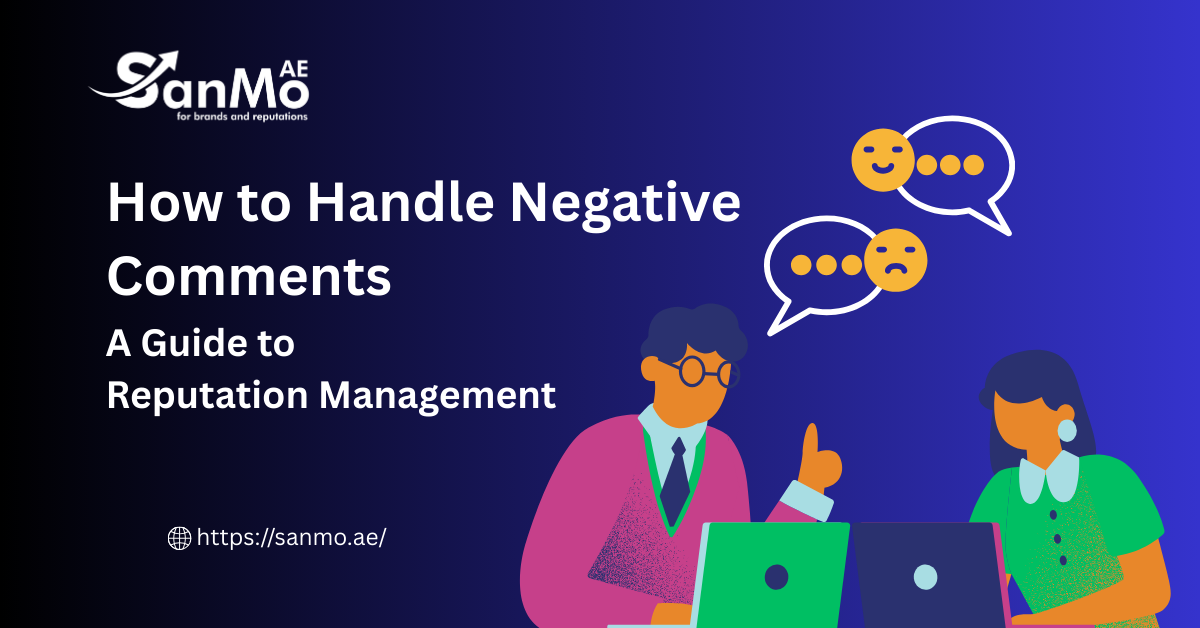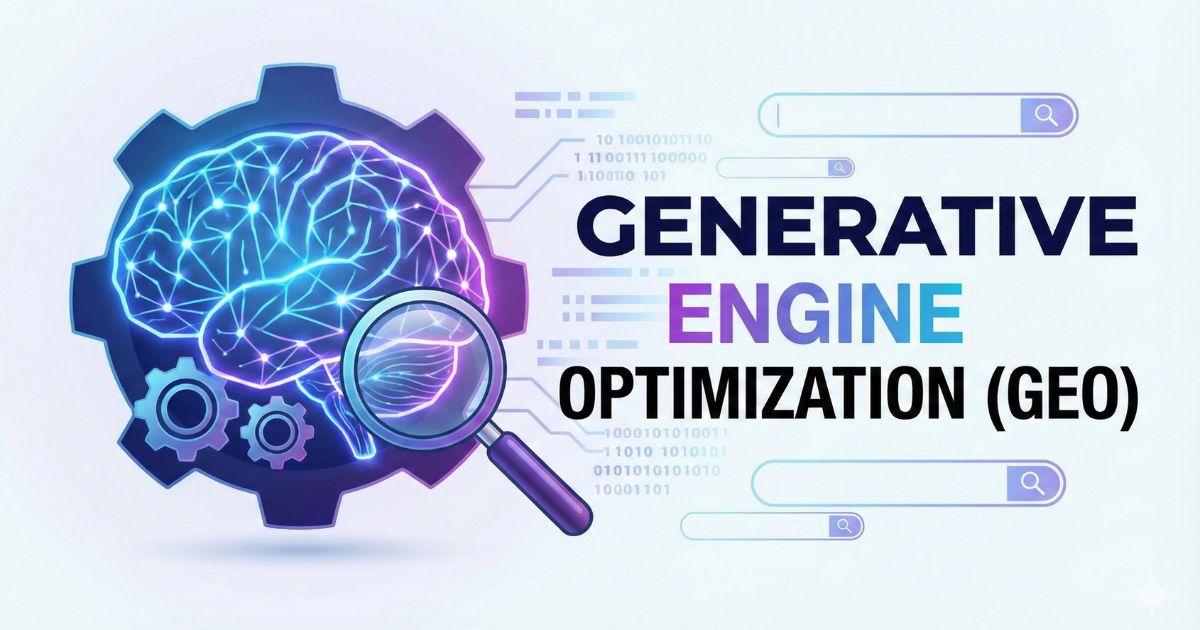Email marketing remains one of the most effective digital marketing channels, delivering an average ROI of $42 for every dollar spent. But with hundreds of email marketing platforms available, selecting the right email marketing service can feel overwhelming. The platform you choose will directly impact your campaign performance, subscriber engagement, and ultimately, your business growth.
This comprehensive guide will walk you through everything you need to know about choosing an email marketing service that aligns with your business goals, budget, and technical requirements. By the end, you’ll have a clear framework for evaluating different platforms and making an informed decision.
What is an Email Marketing Service?
An email marketing service is a software platform that enables businesses to create, send, and track email campaigns to their subscribers. These platforms provide the infrastructure, tools, and analytics needed to execute successful email marketing strategies at scale.
Modern email marketing services go beyond basic email sending capabilities. They offer features like automated workflows, subscriber segmentation, A/B testing, landing page builders, and detailed performance analytics. The right platform serves as your command center for nurturing leads, engaging customers, and driving conversions through email.
Key Features to Look for in an Email Marketing Service
Email Design and Templates
Your email marketing service should offer intuitive design tools that don’t require coding expertise. Look for platforms with drag-and-drop editors, mobile-responsive templates, and customization options that match your brand identity. The best services provide professionally designed templates across various industries and campaign types, from newsletters to promotional emails.
Automation Capabilities
Marketing automation transforms how you engage with subscribers by triggering personalized emails based on specific actions or time intervals. Essential automation features include welcome series for new subscribers, abandoned cart recovery, birthday campaigns, and re-engagement sequences for inactive subscribers. Advanced platforms offer sophisticated workflow builders that let you create complex, multi-step campaigns.
List Management and Segmentation
Effective email marketing relies on sending the right message to the right audience. Your chosen platform should provide robust list management tools, including easy import/export functionality, duplicate removal, and compliance management. Segmentation capabilities allow you to group subscribers based on demographics, behavior, purchase history, or engagement levels, enabling more targeted and relevant campaigns.
Analytics and Reporting
Data-driven decision making requires comprehensive analytics. Look for platforms that track essential metrics like open rates, click-through rates, conversion rates, and unsubscribe rates. Advanced reporting features include heat maps showing where subscribers click within your emails, A/B testing results, and ROI tracking that connects email campaigns to actual sales.
Deliverability Features
Even the most beautifully designed email won’t generate results if it lands in the spam folder. Choose an email marketing service with strong deliverability features, including authentication protocols (SPF, DKIM, DMARC), reputation monitoring, and spam testing tools. Established platforms maintain relationships with major email providers to ensure your messages reach the inbox.
Types of Email Marketing Services
All-in-One Marketing Platforms
These comprehensive solutions combine email marketing with other digital marketing tools like social media management, landing page builders, and customer relationship management (CRM) features. Examples include HubSpot, Mailchimp, and Constant Contact. All-in-one platforms work well for businesses wanting to consolidate their marketing tools, but they often come with higher price points and may include features you don’t need.
Specialized Email Marketing Tools
Dedicated email marketing services focus exclusively on email campaigns and related features. Platforms like ConvertKit, A Weber, and Campaign Monitor fall into this category. These tools typically offer more advanced email-specific features and may provide better value for businesses primarily focused on email marketing.
Enterprise Email Solutions
Large organizations with complex needs often require enterprise-grade email marketing services. These platforms, such as Salesforce Marketing Cloud and Adobe Campaign, offer advanced personalization, extensive integration capabilities, and dedicated support. They’re designed to handle massive subscriber lists and sophisticated multi-channel campaigns.
How to Evaluate Different Email Marketing Services
Assess Your Business Needs
Start by clearly defining your email marketing goals and requirements. Consider factors like your current subscriber count, expected growth, types of campaigns you’ll run, and integration needs with existing tools. A small business sending monthly newsletters has different requirements than an e-commerce company running complex automation sequences.
Compare Pricing Models
Email marketing services typically use subscriber-based pricing, charging more as your list grows. Some platforms offer pay-as-you-go options, while others require monthly commitments. Factor in not just the base price, but also costs for advanced features, additional users, and overage fees. Calculate the total cost of ownership based on your projected list size and feature needs.
Test User Experience
Most email marketing services offer free trials or freemium plans. Take advantage of these to test the platform’s ease of use, template quality, and customer support responsiveness. Create a sample campaign to evaluate the design process, scheduling options, and reporting interface. Pay attention to how intuitive the platform feels and whether it matches your team’s technical skill level.
Review Integration Options
Your email marketing service should integrate seamlessly with your existing business tools. Common integrations include e-commerce platforms (Shopify, WooCommerce), CRM systems (Salesforce, HubSpot), and analytics tools (Google Analytics). Check whether these integrations are native, require third-party tools like Zapier, or need custom development.
Examine Support and Resources
Quality customer support becomes crucial when you’re running time-sensitive campaigns or troubleshooting technical issues. Evaluate the support channels available (email, chat, phone), response times, and the quality of help documentation. Look for providers that offer educational resources like webinars, guides, and best practice recommendations.
Common Mistakes to Avoid
Choosing Based on Price Alone
While budget considerations are important, selecting the cheapest option often leads to limitations that hinder your marketing effectiveness. Consider the total value proposition, including features, deliverability, and support quality. A slightly more expensive platform that delivers better results will provide superior ROI.
Ignoring Scalability
Your email marketing needs will evolve as your business grows. Choose a platform that can accommodate increased subscriber volumes, more sophisticated campaigns, and additional team members. Switching email marketing services later can be disruptive and time-consuming.
Overlooking Compliance Features
Email marketing regulations like GDPR, CAN-SPAM, and CCPA require specific compliance measures. Ensure your chosen platform provides necessary features like double opt-in confirmation, easy unsubscribe processes, and data protection controls. Non-compliance can result in significant fines and damage to your reputation.
Making Your Final Decision
After evaluating your options, create a comparison matrix listing your top three email marketing service candidates. Score each platform based on your priority criteria, such as ease of use, feature completeness, pricing, and integration capabilities. Consider running small test campaigns on your top choices to see how they perform with your actual audience.
Remember that the best email marketing service is the one that aligns with your specific business needs and goals. A platform that works perfectly for one company might be overkill or insufficient for another. Focus on finding the solution that provides the right balance of features, usability, and value for your unique situation.
Start Building Your Email Marketing Strategy Today
Selecting the right email marketing service is just the first step in building a successful email marketing program. Once you’ve chosen your platform, focus on growing your subscriber list with valuable content, creating engaging campaigns that resonate with your audience, and continuously testing and optimizing your approach.
The most successful businesses view email marketing as a long-term relationship-building tool rather than just a sales channel. By choosing a robust email marketing service and implementing best practices, you’ll be well-positioned to nurture leads, retain customers, and drive sustainable business growth through email marketing.
Beyond marketing and sales, a company’s long-term success heavily depends on how it’s perceived by the public. Whether you’re dealing with online reviews, brand mentions, or crisis response, our detailed article on advanced reputation management offers actionable strategies for maintaining and enhancing your brand image across digital channels.







